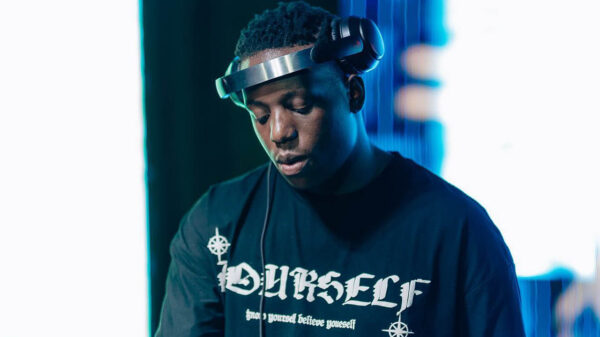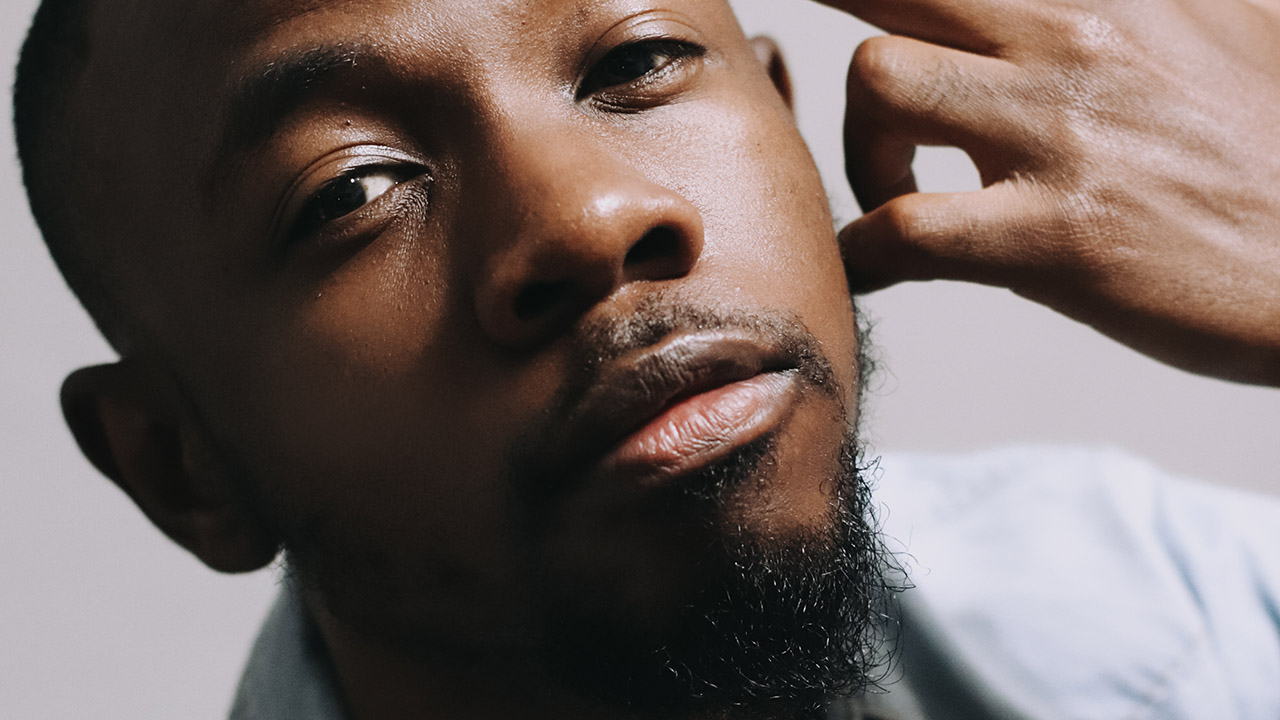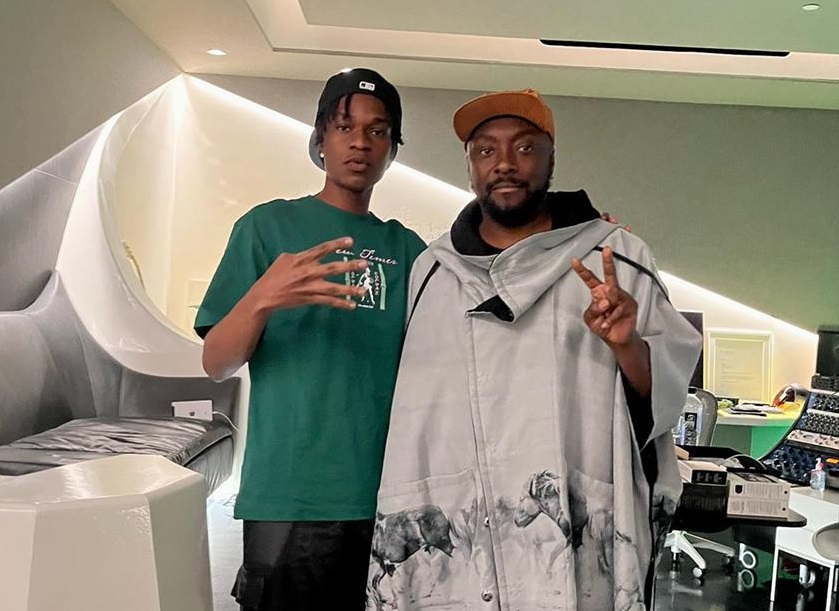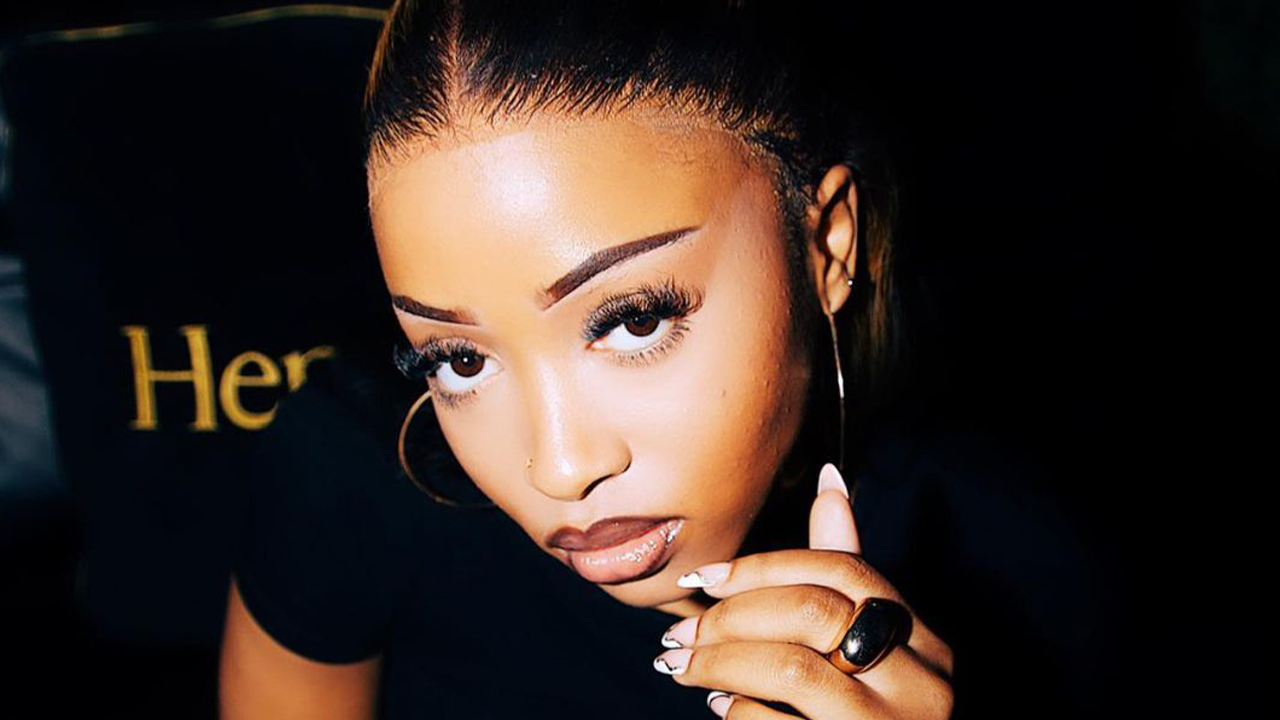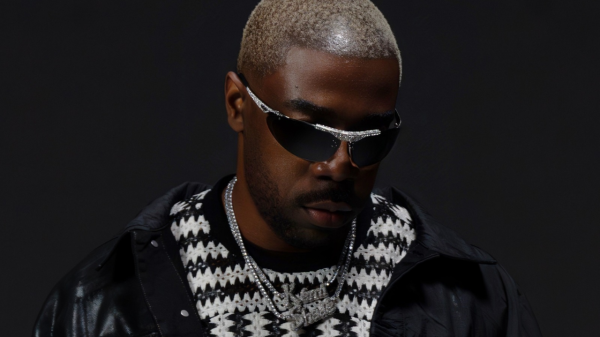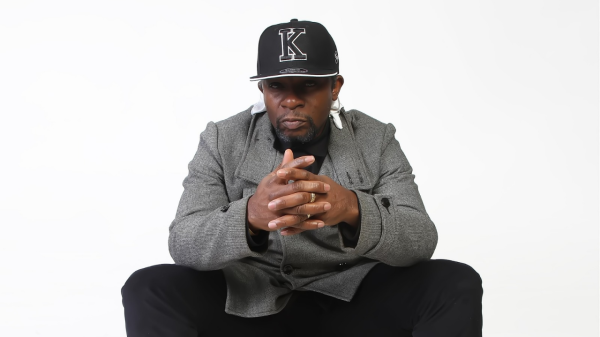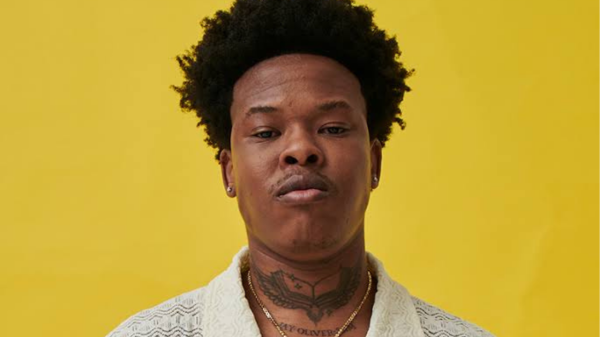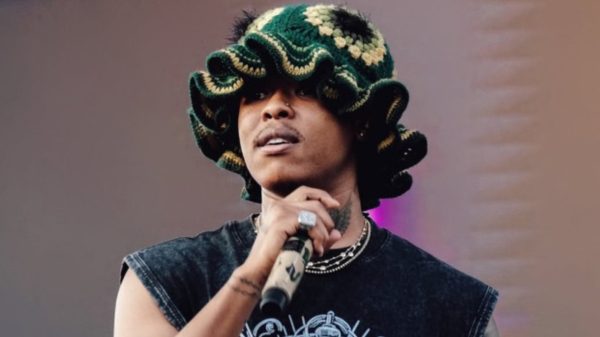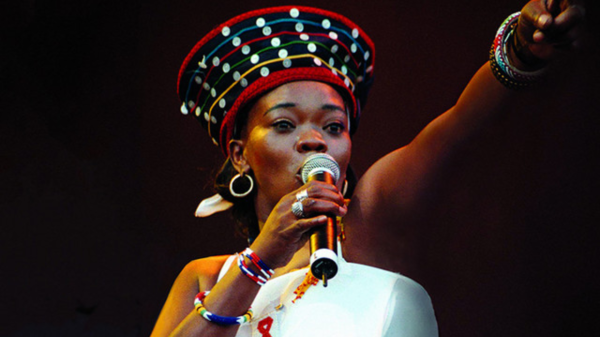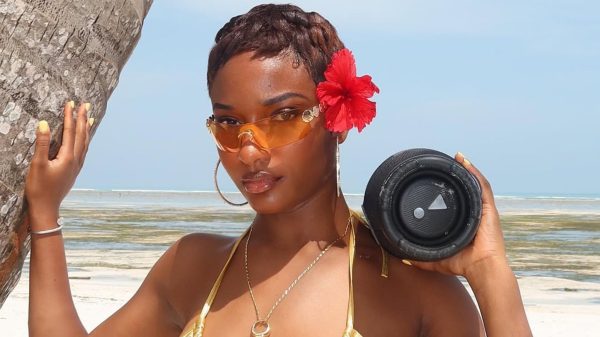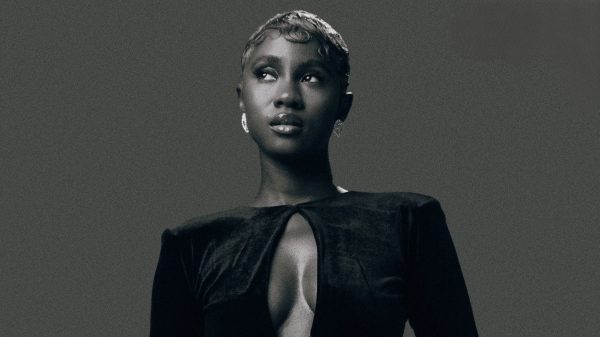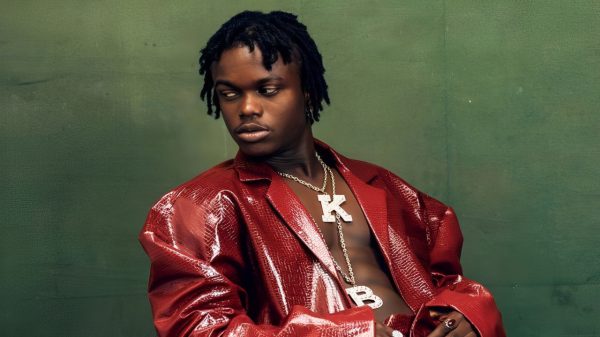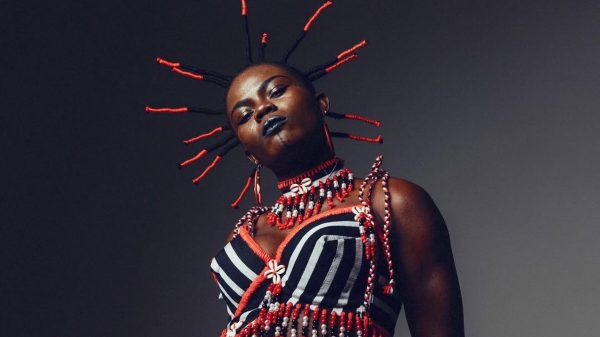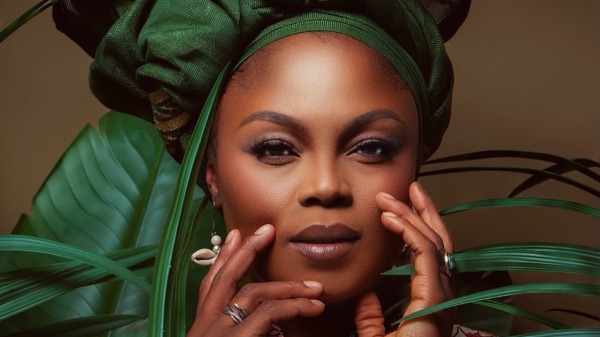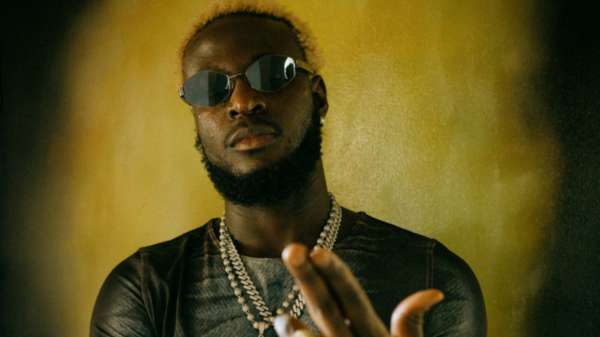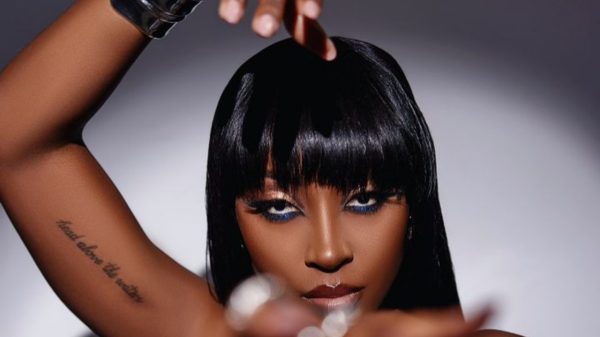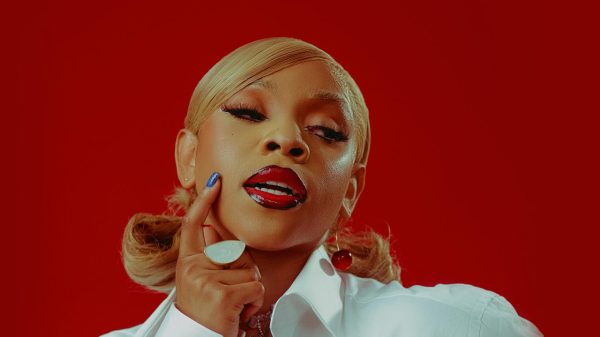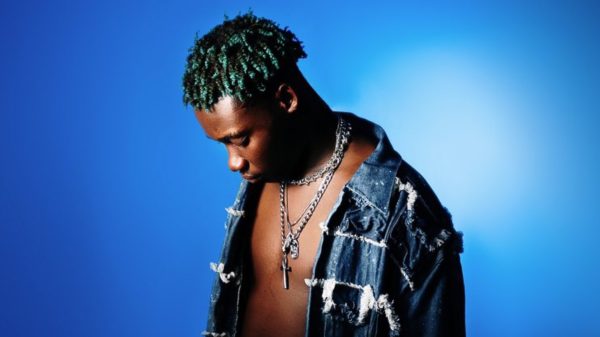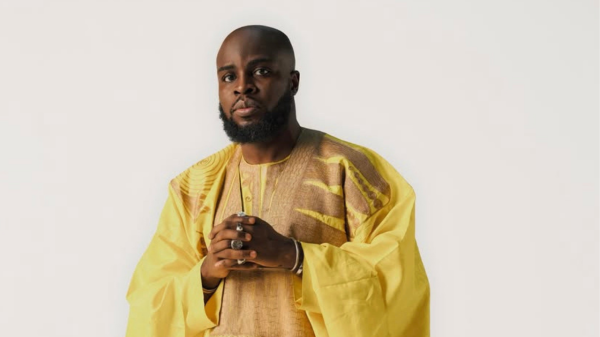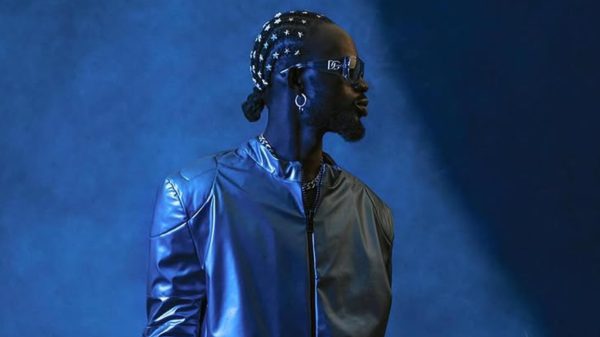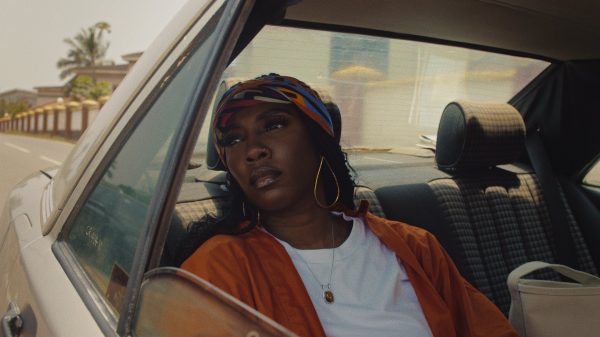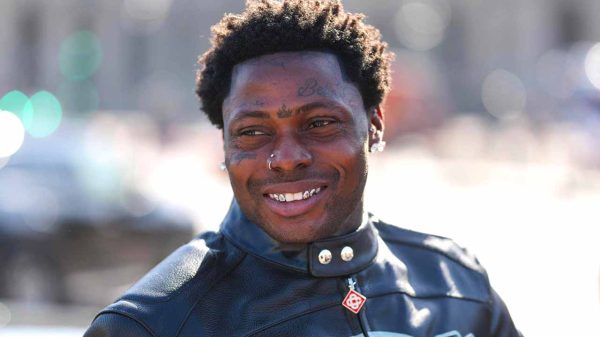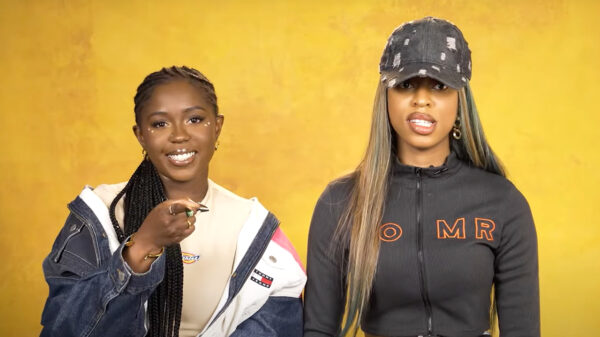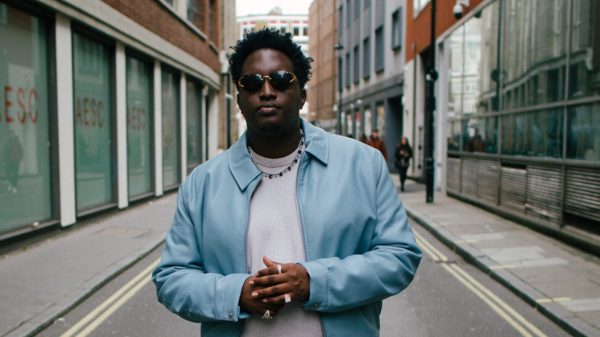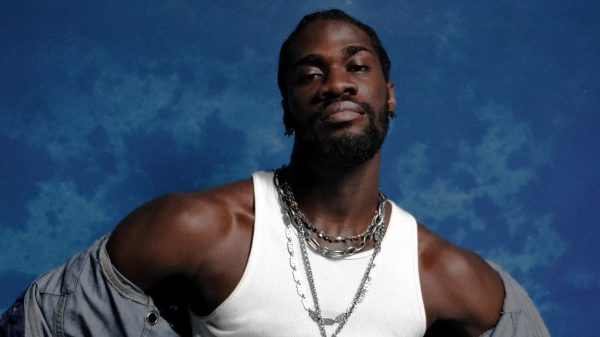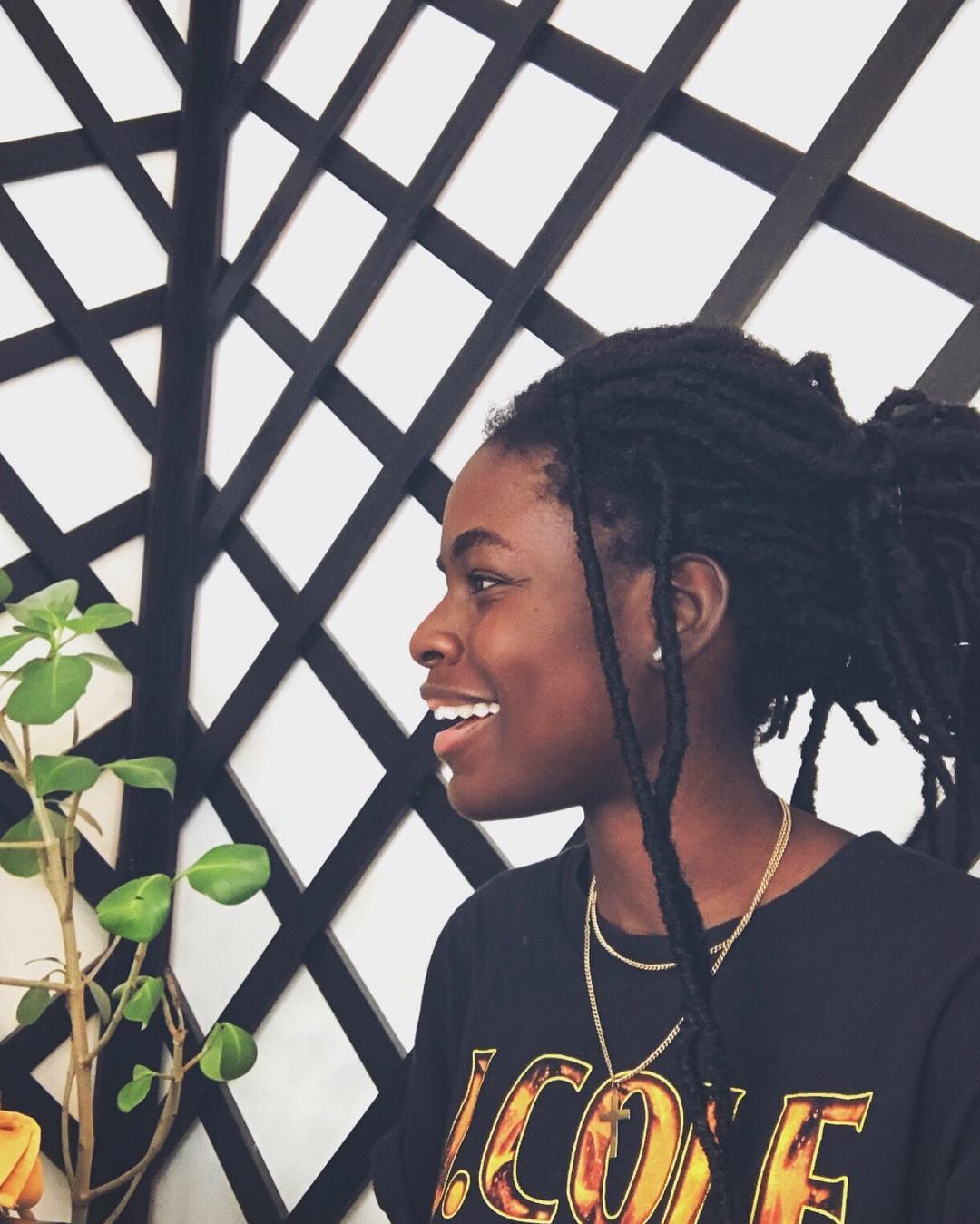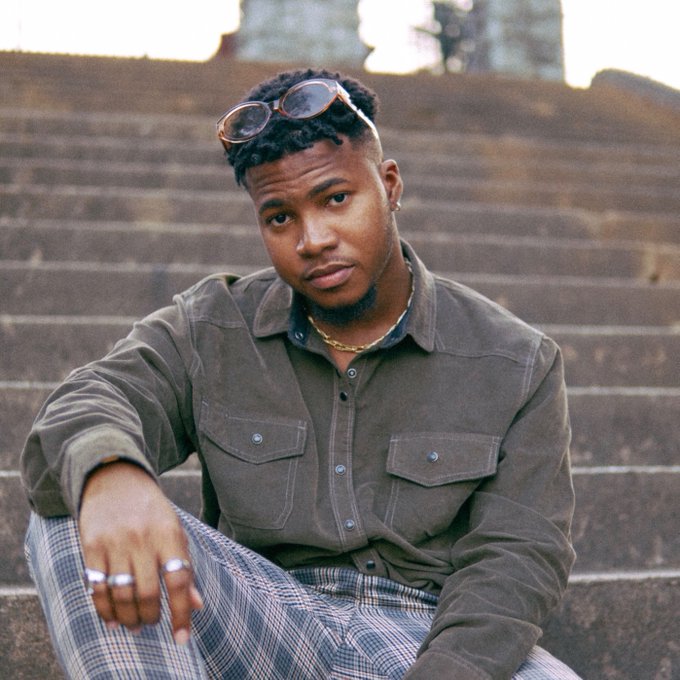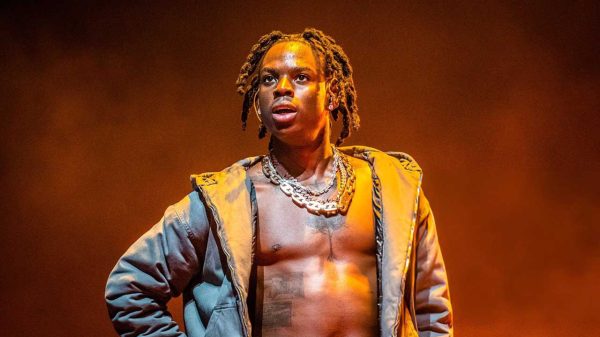Nigerian singer, Brymo, On March 1st, 2020, took to his official Twitter account to announce his eighth project and seventh studio album, “Yellow” with the album being officially released on April 1st, 2020, as promised.
Brymo projects two images of life—society as it should be and society as it should not be. The conflict between these two themes is the force that drives much of his music and endears the singer to a certain breed of listeners. Of greater appeal may be the mystery of his art, which lures you like the call of the wild, promising love and rhythm and adventure. He seems to craft his art with the diligence of a portrait painter. Yet the general attraction has got be how he manages to express his lofty ideas, with a graceful economy of words, in a rich baritone that registers its authority over a symphony of strings and chords, as in his latest project.
Categorized into three parts, “Yellow” conveniently explores themes common to Brymo’s art, from decay and separation to blackmail and perfidy, as in its opener Espirit De Corps. Literally used to refer to the pride and mutual support shared by members of a group, Espirit De Corps depicts the socio-politics of a society marred by betrayal and blackmail and consequent disorder.

On Blackmail, which follows next, Brymo is heard singing to the accompaniment of loud percussion in something of “sophisti-pop”. The collision of throbbing bass drums and heavy guitar twangs infuses a jazz-and-rock feel that, perhaps, helps to express the song’s theme of emotional guilt-tripping. Halfway through the track, the singer’s smoky bass bows out to the electric guitar solo that brings the record to a storming finish.
You’re not quite sure what the artist is trying to express on Ozymandias upon first listen. Unless you’re willing to take a break to dig into the legend of Ozymandias and how it sympathizes with the track’s theme of self-awareness, it’s likely you’ll gloss over its meaning and simply wallow in the jaunty melody, groaning, of the singer,
Over piano chords and mellow violin strings, Brymo sings about foiled dreams and the shattered expectations of a people languishing in mental slavery on Strippers and White Lines / Smart Monkey, while he delivers a beautiful ballad in Without You, where he bemoans, in a deeply moving rendition, love amidst the turmoil.
There is a soothing familiarity that dawns on you as Brymo lapses into pidgin English in the second part of this album. It is the click of recognition you feel as the voice comes on in Woman. Defined by soft percussion and bass riffs, Woman expresses the singer’s affection for an unnamed partner, pleading commitment and vowing loyalty to their affair:
“Lay down your guard, commit for our matter. Where you go I go go like e snail and the shell.”
Feeding off the crumbs of the western instrumentation sampled in Side A, Black Man, Black Woman attempts to appraise gender roles in Nigerian society, speaking to the slavish adherence to societal pressure.
A woman declares her unflinching love for a man, with all of his imperfections, on Gambu. Here he draws heavily on the fine mesh of strings and his vocals to evoke a melody that is beautifully haunting.
Escape is a common enough theme in Brymo’s music. Escape from a distressing present to a comforting ideal as he expressly sings on Rara Rira, where he shares his ideal of happiness, enjoyed with the merriment of booze in the company of friends, shorn of responsibility and worry. The track is reminiscent of his salad days in Chocolate City, singing Oleku. Interestingly, Mikky Me Joses weaves magic with percussive sounds and the distant murmur of violin strings to stir the adrenaline in your stream, melt the rigor of your limbs and uplift your spirits. Rara Rira is simply a jam.

Here is, perhaps, where things get seamless. The singer’s vocals acquire a quickness that spits out the lyrics with effortless artistry. Brain Gain employs the rich sonority of trumpet riffs and syncopated piano chords, peppered with finger clicks, to deliver a toe-tapping rhythm that resounds with the record’s theme of the struggle of survival and intellectual empowerment.
Side C is a mother’s embrace, locking you in its warmth and déjà vu. Tapping into the richness of Yoruba folklore, it flaunts a mastery of indigenous storytelling and didactic poetry to portray Brymo at his finest. Òrun n Móoru (Yoruba for Heaven is Heated), a ballad that depicts gossip between courtiers and kings in the slippery world of a palace, delivers moral counsel with the moving rendition of a moonlight storyteller—not without the solemn accompaniment of strings and chords.
A F’èédú Fan’ná features the artiste throwing advice, urging good conduct, supported by piano chords and mellow Shekere sounds.
As is apparent, Yellow features a methodical arrangement to its songs, which builds to a certain climax, reflecting a consistency of style. With a deft and masterful production by the singer’s longtime collaborator, Mikky Me Joses, the album showcases classy and expansive instrumentation, incorporating elements of western influences in an interesting medley.
Brymo seeks to make music that stands in stark contrast to mainstream music. By adopting themes uncommon to modern Nigerian music, he hones this contrast, subtly establishing his superiority to the Afropop breed.

Can Yellow, thus, be judged as a classic project? For one, Yellow addresses issues of love and survival with the waning energy of a tired old philosopher. Two years after the release of Osó, the lyrics have not changed; in fact, they stay much the same, reflecting a discomforting complacency in his art, as if saying he’s reached the peak of mastery and has no need for improvement. Yellow explores the same hackneyed topics—the turmoil of romance, the sheer persistence of survival, the vanity of ambition—that have formed dominant themes of the artiste’s discography.
It is clear that Side A, which draws heavily on western sounds and features tracks sung in English, bristles with more meaning than the artiste’s sparse lyrics can express. If it revels in its novelty, it betrays too much effort.
There are moments on the album when you wish that a song had lingered a little while before being brought to an abrupt conclusion like a symphony interrupted in midstream.
Nonetheless, it is apparent that Brymo attempts to be more than an artist. He fancies himself in several lights—storyteller, poet, philosopher, fill in the gap. And for listeners outside of his fanbase, this comes across as desperation, as trying too much. Which is doubly humiliating (The first humiliation, of course, being his perceived fall into obscurity).
And back to the question, perhaps it is only fair to see Yellow, not in comparison with the standards of excellence, but as Brymo’s gift of unvarying familiarity in a time of disturbing global uncertainty.
Review by: Kingsley Charles



